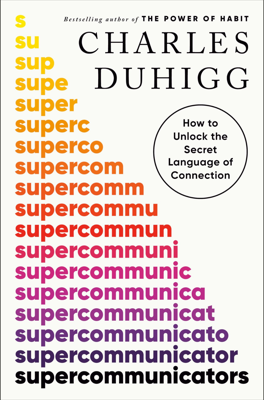How Do We Make the Hardest Conversations Safer?: The Problem Netflix Lives With
Missteps in Corporate Communication: During a company meeting in February 2018 at Netflix, Jonathan Friedland, the communications chief, used the N-word while trying to emphasize the offensive nature of certain terms used in a Netflix comedy special. This moment, perceived as highly offensive, particularly due to Friedland's prominent position, significantly shifted the atmosphere and led to widespread internal outrage. Despite his apology and self-reporting to human resources, it sparked a broader internal conflict regarding language and sensitivity within the company.
Netflix's Culture of Radical Candor: Netflix, under Reed Hastings, fostered a corporate culture outlined in the “Netflix Culture Deck,” emphasizing minimal managerial oversight, radical honesty, and high performance. Employees were encouraged to openly challenge ideas, including the CEO's, and continuously deliver high outputs. However, this environment, though liberating for some, felt harsh to others, as it sometimes translated into overly critical interactions that could feel personal rather than constructive.
Challenges with Diversity and Inclusion Initiatives: Despite existing efforts to spark dialogues on equality and inclusion, the approach to handling offensive language and sensitive discussions about identity proved inadequate. Studies revealed that general bias training and diversity initiatives often failed to make long-term impacts or could unintentionally reinforce biases. These challenges illustrated the complexities of addressing deep-seated prejudices and the limitations of traditional corporate diversity training.
Strategies for Safer Conversations on Sensitive Topics: Netflix's response to these challenges was to refine its approach by incorporating structured guidelines for discussions on sensitive topics. This included: - No blaming, shaming, or attacking in conversations. - Encouraging participants to express their own experiences rather than making generalizations. - Acknowledging the discomfort and potential awkwardness of these discussions while emphasizing respect and confidentially.
Vernā Myers was brought in to lead initiatives focused on equity and inclusion. Her approach included fostering understanding through personal storytelling and inviting employees to reflect on their own experiences with privilege and exclusion. This method aimed to build empathy and make sensitive dialogues more about mutual understanding and less about confrontation.
Impact and Reflection: By 2021, Netflix had made significant progress in creating a workplace that better reflects diversity and inclusion, with striking improvements in the representation of women and historically excluded ethnic or racial groups within its workforce. The introduction of comprehensive workshops and new hiring guidelines fostered a more inclusive culture. However, the controversy over a Dave Chappelle special in the same year showed that Netflix still faced challenges in managing the balance between creative expression and cultural sensitivity. This incident highlighted the continued need for dialogue and the effective use of guidelines to navigate the complexities of identity and bias within corporate settings.
These developments at Netflix demonstrate both the challenges and potential solutions for making hard conversations about identity and inequality safer and more productive in the workplace. Through structured dialogues, respect for personal experiences, and an emphasis on understanding, it's possible to foster greater inclusivity and empathy in professional environments.
